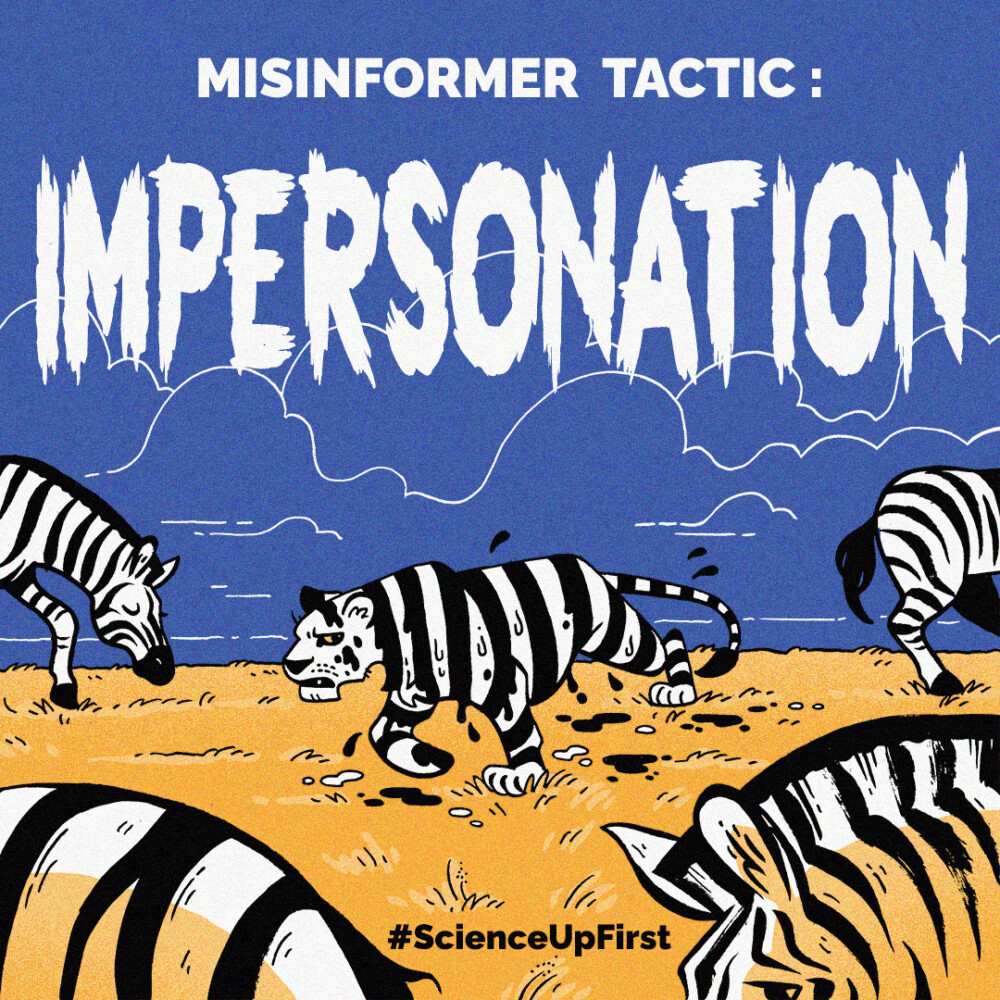What do you call a research paper that’s been retracted, but keeps coming back in arguments? A zombie paper!
These research papers are often retracted because of research misconduct.There are 3 main forms of research misconduct:
- Fabrication → when the data or results reported are made up
- Falsification → when some data or results are either omitted, manipulated, or presented in a way that does not adequately represent the research
- Plagiarism → when someone else’s ideas, results or words are used as their own without credit
Zombie papers can have a major impact on public health, the general public trust in science, and future research as well. Zombie papers are often used by misinformers, so be careful!
Want to know if a paper has been retracted? Enter the title or the authors’ names in the The Retraction Watch Database at retractiondatabase.org to find out, and make sure you are only looking at the most up-to-date science!
Remember, science does not perform misconduct, ill-intended individuals do.
View our original Tweet!
What do you call a research paper that’s been retracted, but keeps coming back in arguments? A zombie paper!
Music by LR Frieber#ScienceUpFirst
[1/2] pic.twitter.com/W4uJoygPAV
— ScienceUpFirst | LaScienced’Abord (@ScienceUpFirst) September 1, 2022
View our original Instagram Post!
View this post on Instagram
- Quantifying the effect of Wakefield et al. (1998) on skepticism about MMR vaccine safety in the U.S.
- Lancet retracts 12-year-old article linking autism to MMR vaccines
- What a massive database of retracted papers reveals about science publishing’s ‘death penalty’
- Retractions: the good, the bad, and the ugly. What researchers stand to gain from taking more care to understand errors in the scientific record
- Misconduct accounts for the majority of retracted scientific publications
- Fraud in scientific research – birth of the Concordat to uphold research integrity in the United Kingdom
- Research Misconduct – On Being a Scientist: A Guide to Responsible Conduct in Research




